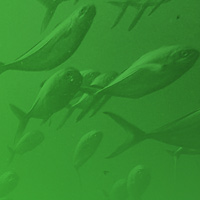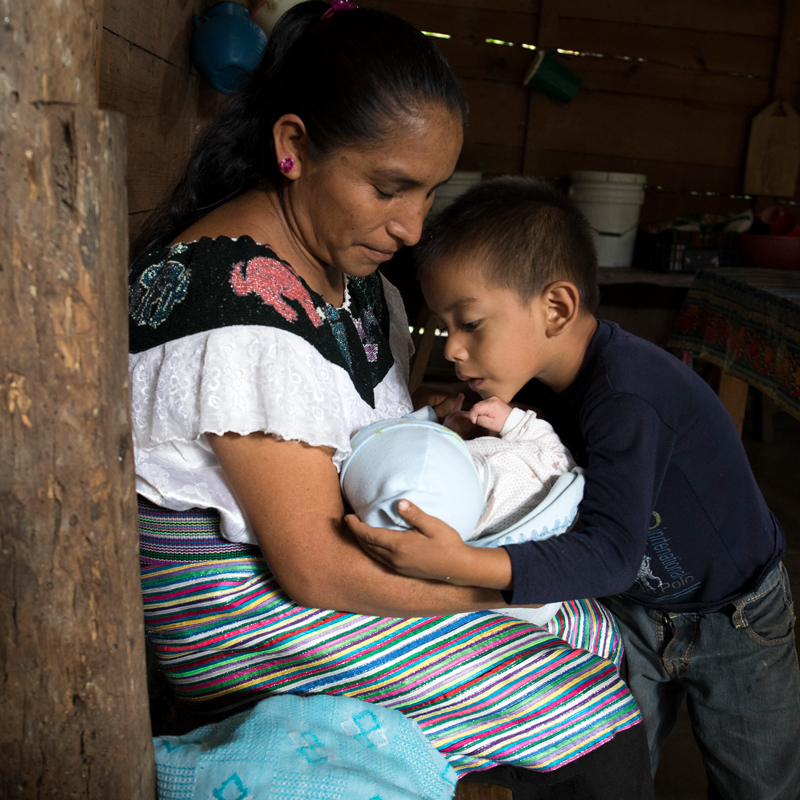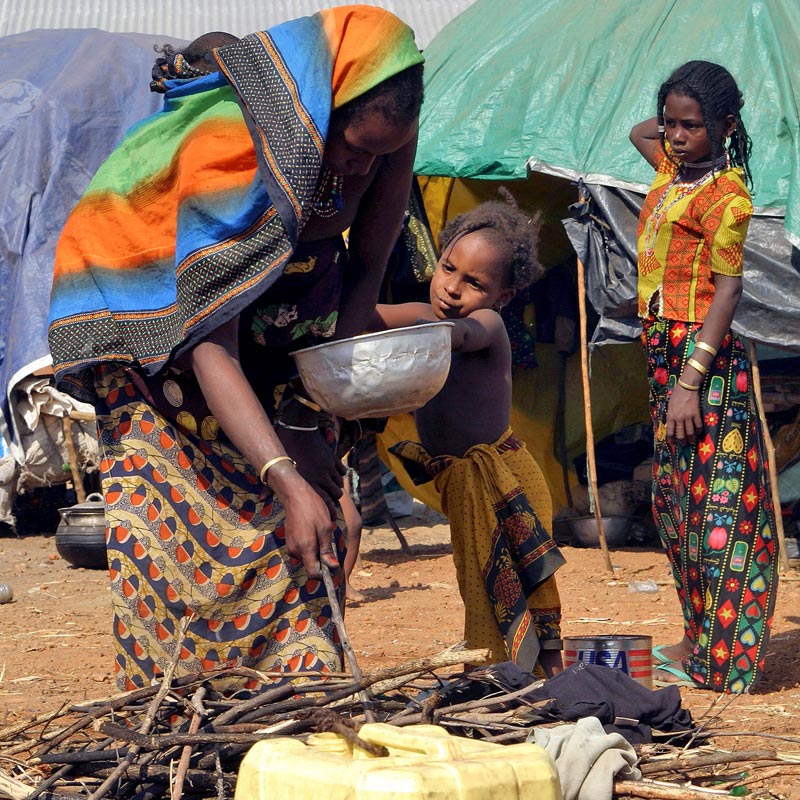-
Grants
28
-
Total Awarded
$5,812,271
-
Years
1982 - 2013
-
Categories
Grants
Established in 1921, the Council on Foreign Relations (CFR) is an independent, nonpartisan membership organization, think tank, and publisher. The “Project on the New Geopolitics of China, India and Pakistan” aims to identify options to help policymakers, and the broader public, understand what is at stake in Asia, and to recommend steps that would diminish conflict, build trust, and promote stability and prosperity in the region. Funds will be used for partial staff salaries, research-related convening and travel, and publications.
The Council on Foreign Relations will promote the exchange of technical information and experience that shed light on regulatory protocols for offshore oil drilling and guidelines related to natural disasters and guidelines for safety and spill response in U.S. and Cuban shared waters. The grant will support travel of a U.S. study group of policy and technical experts to Cuba for discussions with counterparts and dissemination of recommendations for concrete bilateral action.
The Council on Foreign Relations is an independent, nonpartisan membership organization, think tank, and publisher. CFR aims to help its members and the public better understand the world and foreign policy choices facing the United States and other countries. This project will examine U.S. policy options toward Pakistan as the United States shifts focus from Afghanistan to the Asia-Pacific, and will ultimately recommend implementation of the United States’ best approach for dealing with the many challenges posed by Pakistan. Funds will be used for research assistant salaries, research-related convening and travel.
The Council on Foreign Relations is an independent, nonpartisan membership organization, think tank, and publisher. Its project, Maintaining Stability at Lower Numbers, will analyze recent trends in the nuclear doctrines and forces of China, France, and the United Kingdom, and develop recommendations on the roles these countries can play in enhancing strategic stability and reducing nuclear weapons over the next five to ten years. Funds will be used for staff salaries, publications, travel, meetings, and outreach and dissemination. The grant fits with MacArthur’s approach to effectively address, in a stabilizing manner, the strategic implications of deeper reductions in nuclear arsenals.
To support policy research on security challenges on China's periphery (over two years).
To promote maternal health as a strategic component of U.S. foreign policy.
To support the Program on International Justice (over two years).
To research and identify politically and technically viable options for limiting uranium enrichment in Iran and other countries.
In support of an international symposium on repositioning maternal health as a crucial global health and foreign policy concern.
In support of research and outreach to reduce the dangers associated with nuclear weapons and technology (over three years).
To support policy analysis and the development of recommendations for sound U.S. military policy in space.
In support of programs related to the September 11 attacks.
To support the Next Generation Fellows Program (over two years).
To support bipartisan, bicameral congressional staff forums (over three years).
To support the participation of Russian scholars in the Program on New Approaches to Russian Security, a network of younger scholars of post-Soviet security issues.
To support the Cuba Program, which seeks to broaden the national debate on normalizing relations between the United States and Cuba (over two years).
To support collaborative programs with Chicago institutions on foreign policy issues.
To support a project on women's human rights and U.S. foreign policy.
To support fellowships for three junior scholars (over two years).
To educate the public on the role of Congress in the foreign policy process.
To support a project on international defense downsizing and multilateral responses (over two years).
To support the Palestinian Public Works Initiative.
To support programs to address forces that shape international affairs and their effects on American foreign policy interests in the post-cold war period (over three years).
To support a study group on U.S.-Israel relations in the post-Gulf War period.
To support the professional development of young people in the fields of foreign policy and national security affairs (over three years).
To support a working seminar to be held on the relationship between industrial nations' policies and environmental stability in the rural developing countries.
To support the International Affairs Fellowship Program for young people involved in policy studies and policymaking (over three years).
To support the International Affairs Fellowship Program (over three years).






